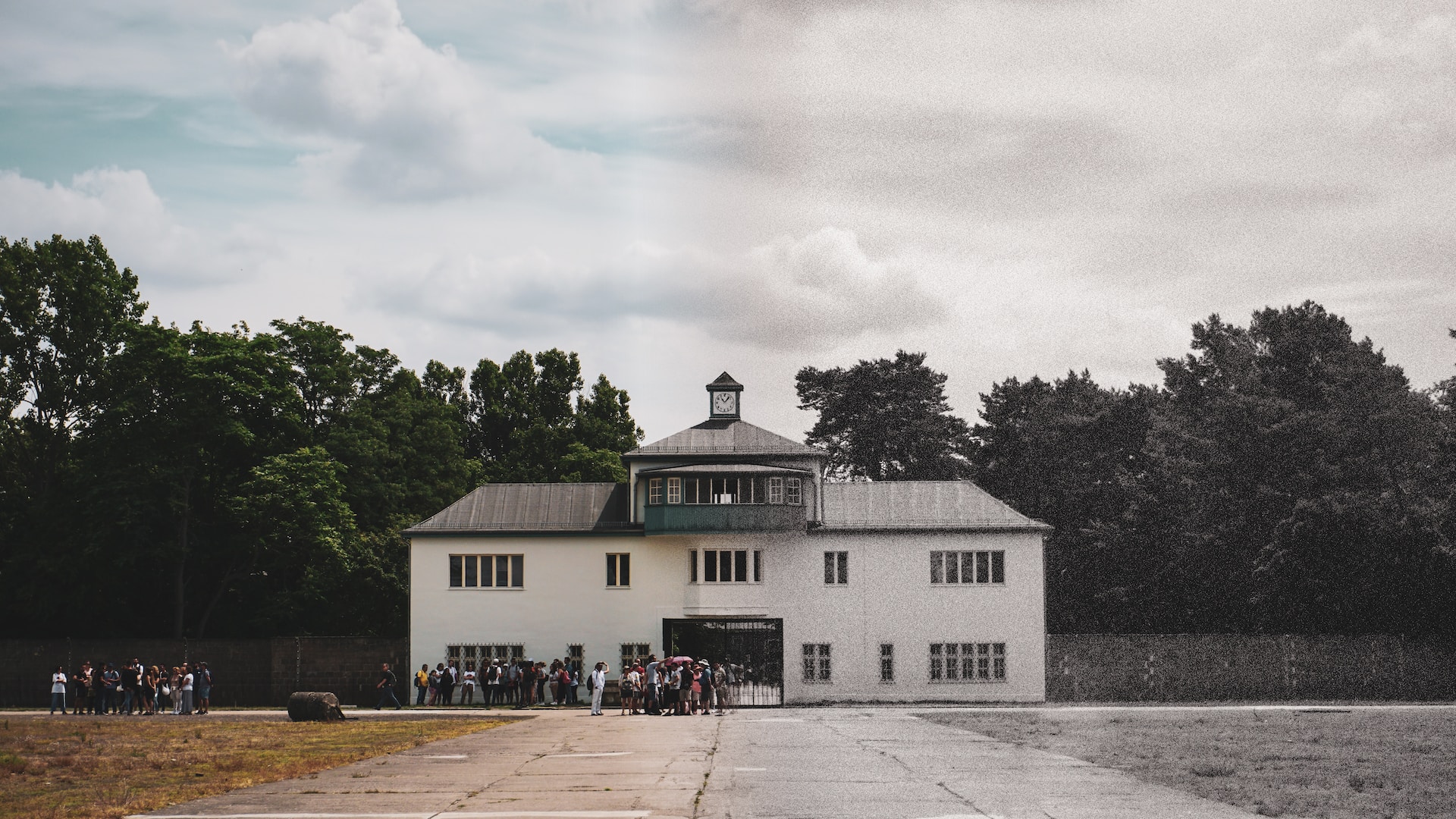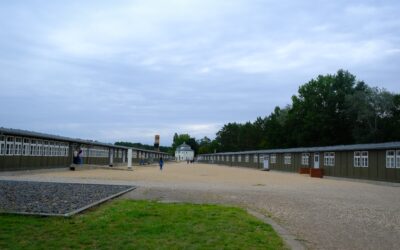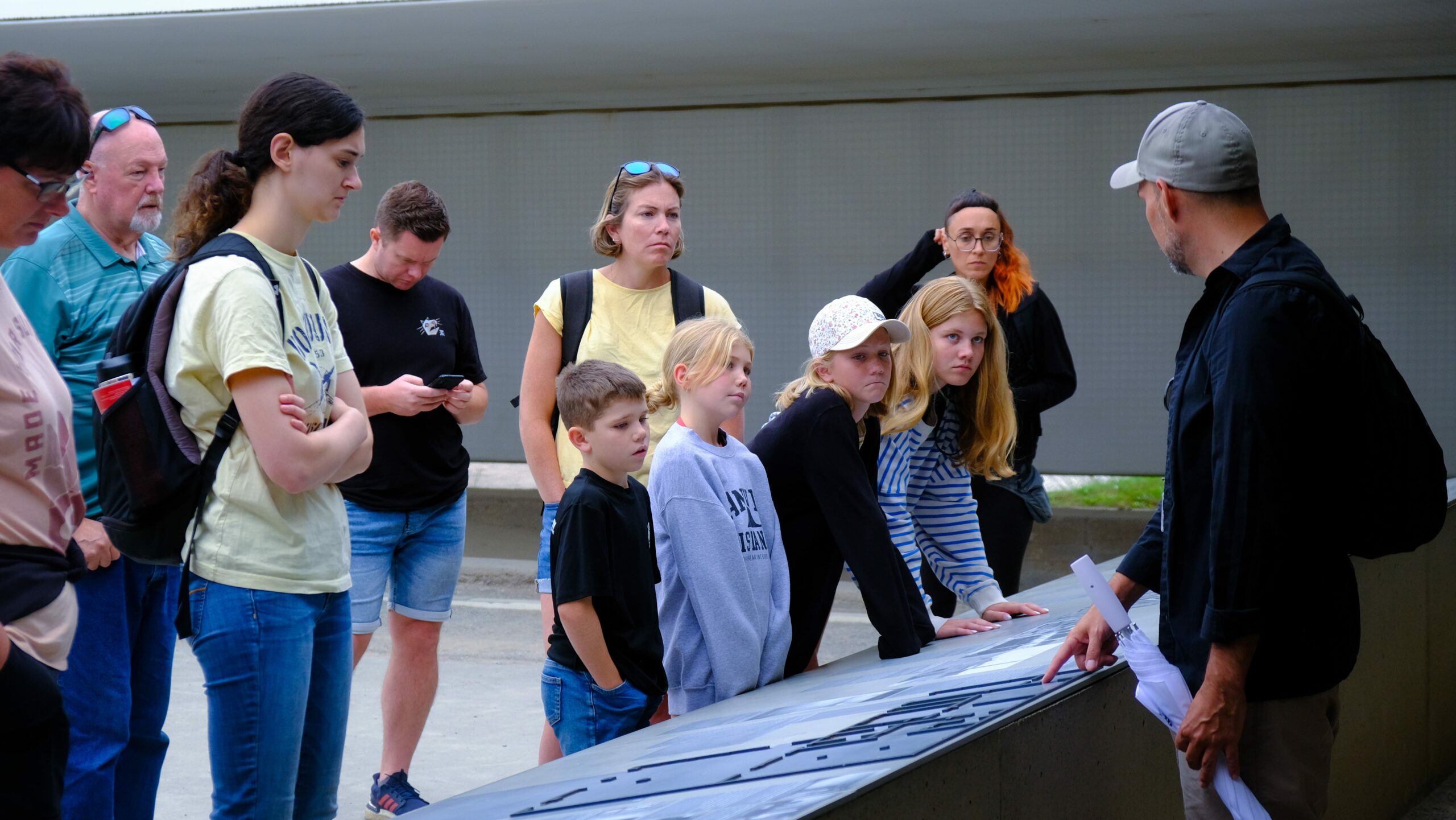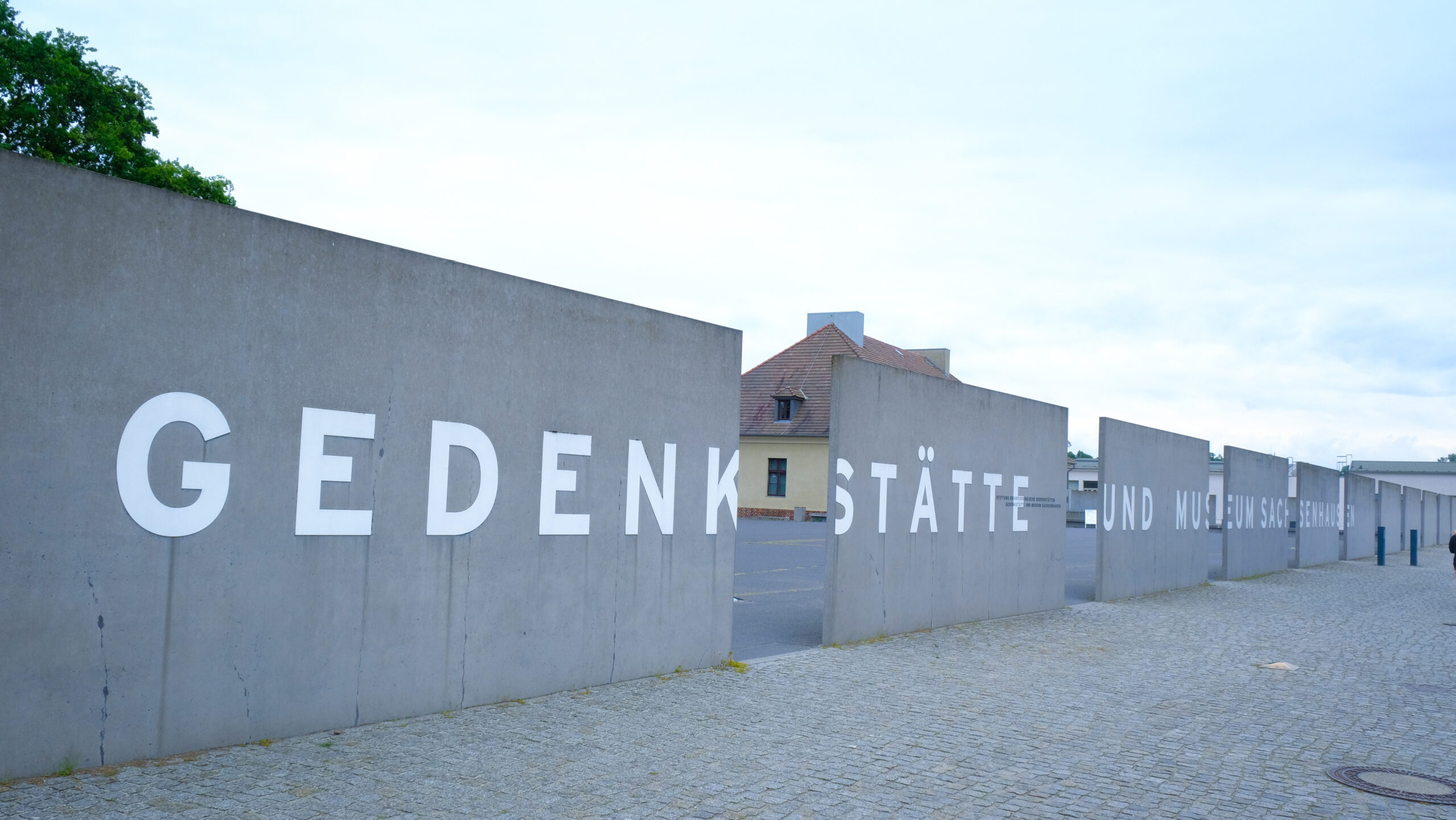Over the time of human civilization the concentration camps have become a symbol of the worst episode human civilization. They were actively involved in several historical events, and most especially in the second World War. But what in fact were concentration camps and what function did they perform? For the purpose of this article the following questions will be answered, concerning concentration camps:.center To answer these questions, this article will be divided into three sections:
History and Origins
The idea of concentration camps developed only in the late nineteenth century; however, they became famous in the era of World War II because of the Nazi Germany use. Concentration camps were areas that many people were detained based on their color, religion or political stand, and were kept under poor conditions.
Nazi Germany’s Camps
During the rule of Adolf Hitler, the Nazis implemented a chain of concentration camps focused on genocide during the holocaust. Well known camps were Auschwitz, Dachau and Buchenwald.
Aims of the Concentration Camps
Concentration camps were created with various objectives:
Imprisonment: These were employed in holding people that the government consider threats to its leadership or control.
Dehumanization: The inmates were subjected to terrible living conditions, forced to work, and were tortured in the concentration camps and the purpose of this practice was to eliminate the human dignity in them.
Extermination: Certain concentration camps were actually created to exterminate people by gassing them, and the camp’s prisoners were mainly from a particular ethnicity or religion.
Housing in Concentration Camp
Sanitary conditions of the residential camp were very poor and inhuman. Otte prison was filled with immense overcrowding, poor diet, and unhygienic conditions and prisoners were forced to suffer through it. They had nightmares of the physical and psychological warfare that the guards subjected them to.
Slavery and Medical Experimentation
Punishments included confiscation of personal property and transfer to other disciplinary barrack and forced labour doing long hours of backbreaking work. In the same way, many prisoners ended up as objects of inept medical experiments that involved enormous torture and even deaths.
Legacy and Impact
The concentration camps are part and parcel of history and the remnant is still diligent to jolt the world. They stay as terrifying indicators of the Jewish holocaust and other genocides and extents of man’s inhumanity to his fellow human beings.
Educational Importance
Teacher can use concentration camps to convey important knowledge regarding abuses of power, hate, and bigotry. This is why it is pertinent to pay homage to the victims and survivors of these holocausts so as not to witness such tragic events in the future again.
Memorials and Museums
Most of the concentration camp sites have today been turned into memorials and museums. The role and necessities of these institutions are to remembering victims, giving the public knowledge, and contributing to keeping memories alive.
Conclusion
Both concentration camps are a somber proof of human’s elementary self-destructiveness. At all cost it is very important to get to understand their historical significance, reasons for occurrence, and the effects which culminated from their occurrence so that such incidents are never repeated. Only by becoming informed ourselves and informing the generations of tomorrow, the world can be made most tolerant, compassionate, and just.




